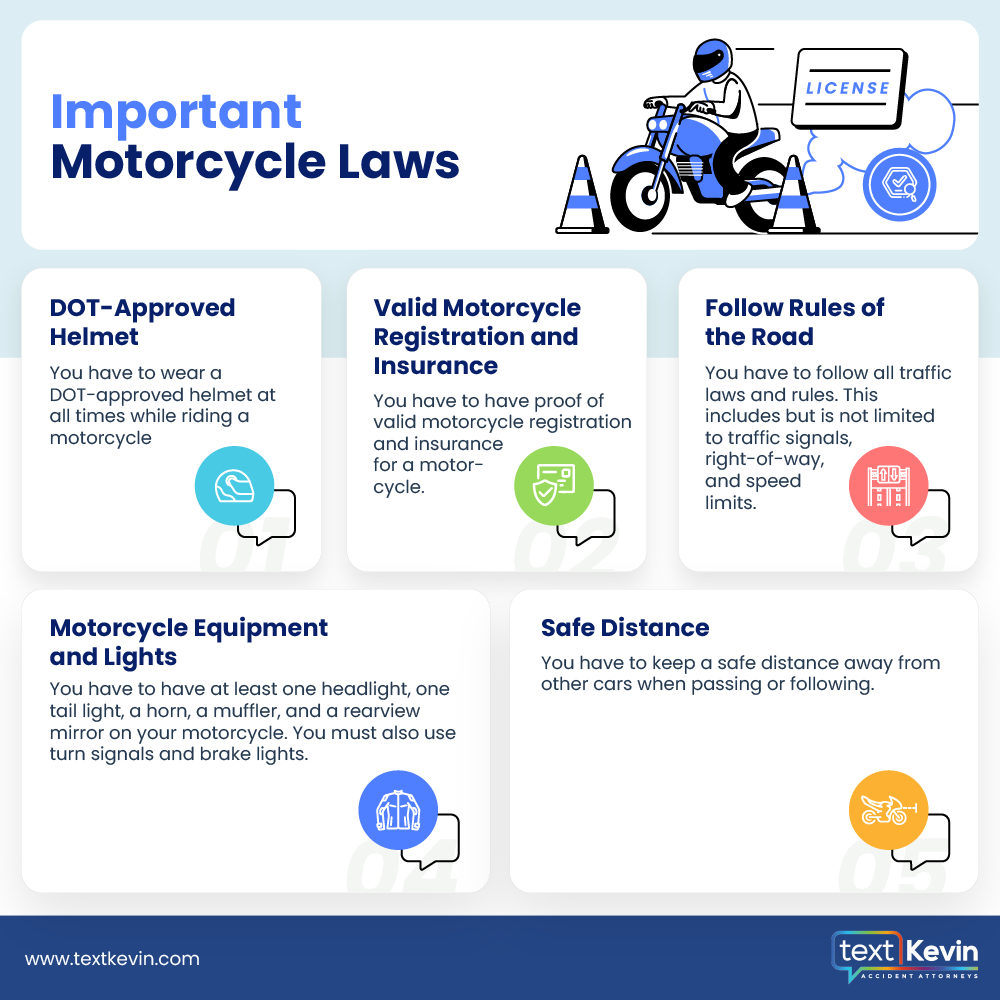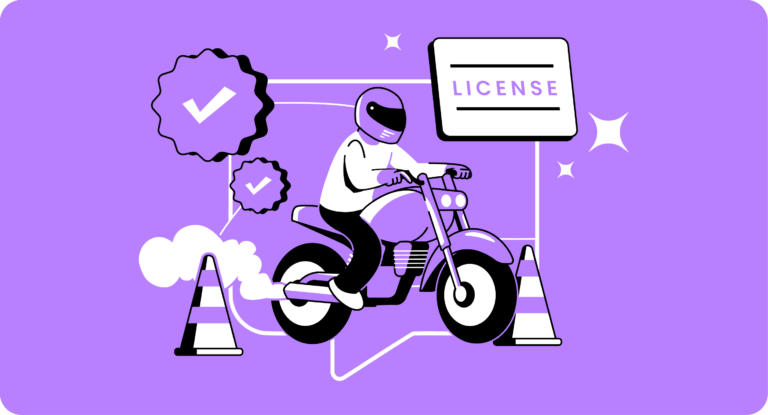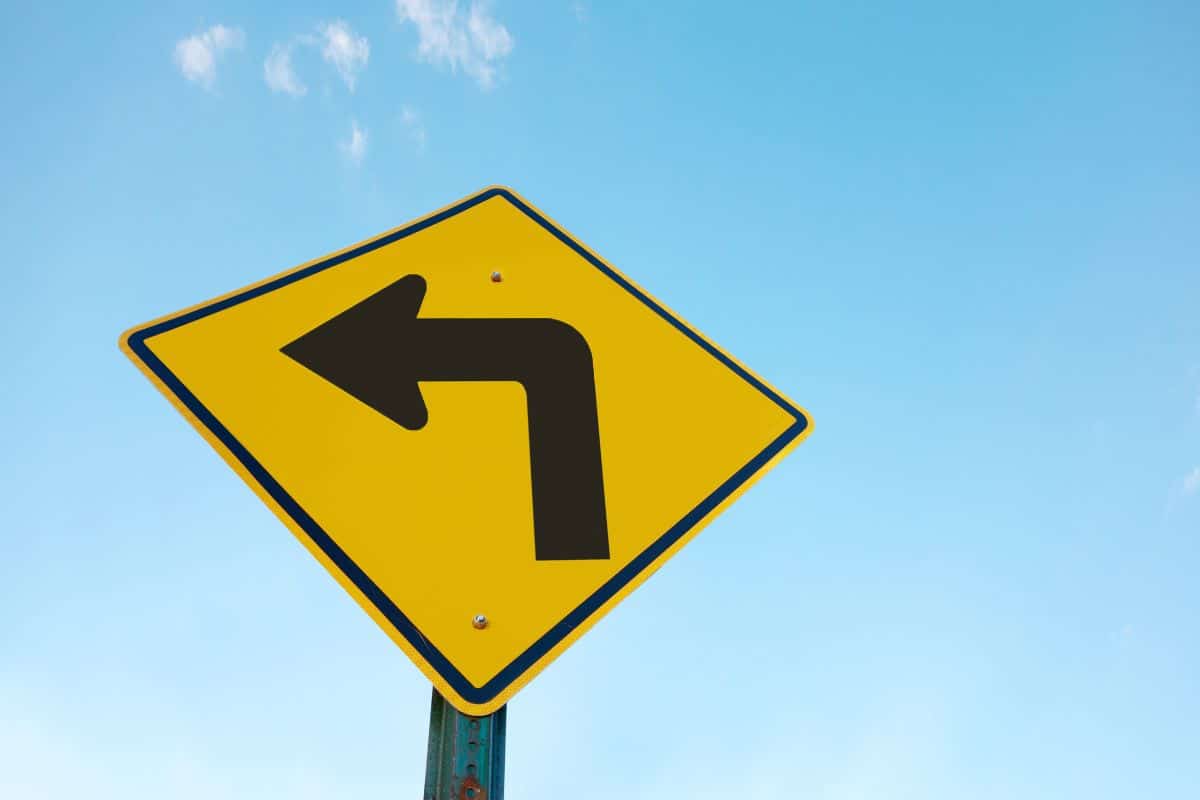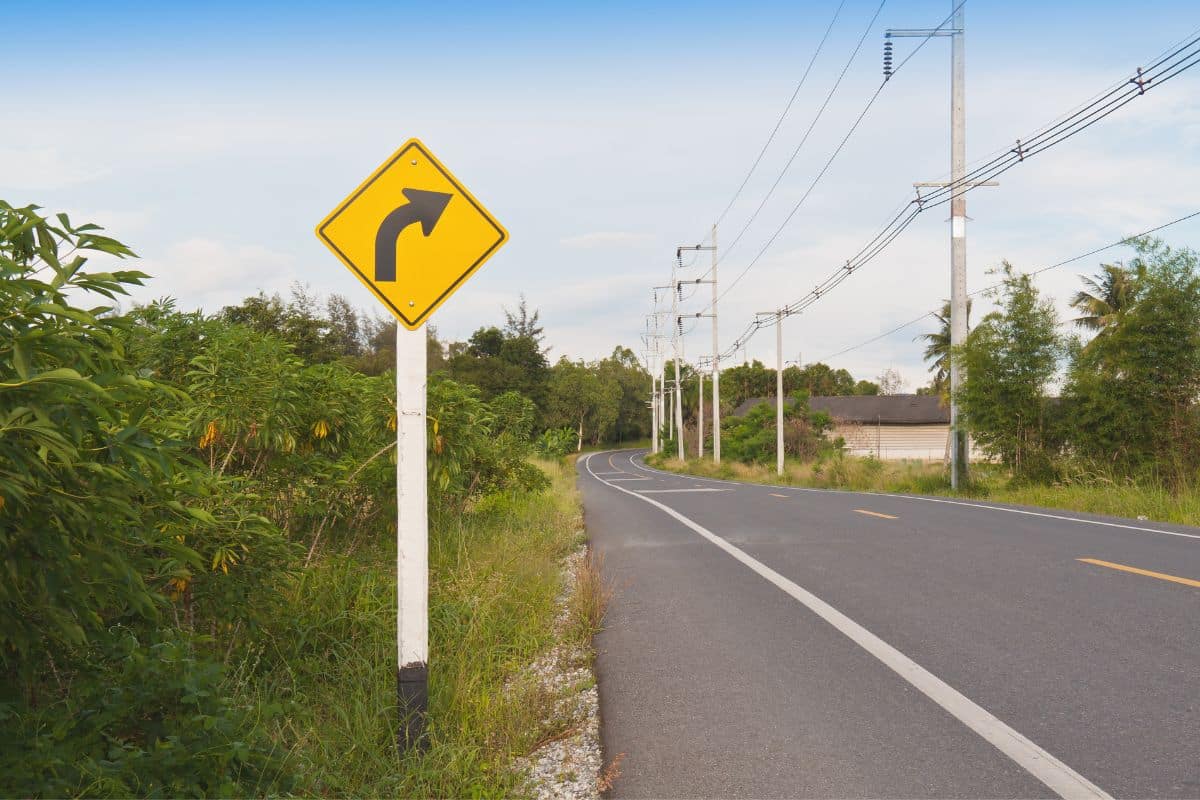In California, holding a motorcycle driver’s license enables you to legally operate motorcycles, motorized bicycles, mopeds, and bicycles equipped with motors. This guide will walk you through the steps required to apply for and obtain a motorcycle license, ensuring you’re fully prepared to take to the road on two wheels.
What Are the Different Motorcycle License Classes in California?
To legally ride a motorcycle in California, you must obtain a specific driver’s license, available in two classes. Class M1 licenses allow you to ride any two-wheeled motorcycle and include the privileges of Class M2. The Class M2 license is more specialized, permitting you to ride motorized bicycles, mopeds, or bicycles with an attached motor, catering to a narrower range of motorized vehicles.
What Are the Requirements for a California Motorcycle License?
Before you apply for a motorcycle license in California, you need to meet some age-related and documentation requirements. Depending on your age and whether you already have a driver’s license, you may need to complete a motorcycle safety course or pass a knowledge and skills test. You also need to provide proof of your identity, residency, and legal presence in California.
Age Requirements
The minimum age to apply for a motorcycle license in California is 16 years old. However, if you are under 21 years old, you must also:
- Complete a California Motorcyclist Safety Program (CMSP) course approved by the California Highway Patrol (CHP). This course will teach you the basic skills and knowledge needed to ride a motorcycle safely and legally. You will receive a Certificate of Completion of Motorcycle Training (DL 389) after you finish the course. You must submit this certificate to the DMV within 12 months of the issue date.
- Already have a Class C driver’s license or submit proof that you have completed both driver’s education and driver’s training. Driver’s education is a classroom or online course that covers the rules of the road and traffic safety. Driver’s training is a behind-the-wheel course that teaches you how to operate a car.
If you are 21 years old or older, you do not need to complete a CMSP course or have a Class C driver’s license. However, you still need to pass a motorcycle knowledge test and a motorcycle skills test at the DMV.
Documentation Requirements
To apply for a motorcycle license in California, you need to provide the following documents to the DMV:
- A completed Driver License or Identification Card Application (DL 44) form. You can get this form at any DMV field office or by calling 1-800-777-0133. You must sign this form in front of a DMV employee.
- Proof of your identity, such as a birth certificate, passport, or permanent resident card. You can find a list of acceptable documents here.
- Proof of your California residency, such as a utility bill, rental agreement, or bank statement. You can find a list of acceptable documents here.
- Proof of your legal presence in the United States, such as a citizenship certificate, naturalization certificate, or visa. You can find a list of acceptable documents here.
- If you have changed your name, you also need to provide proof of your name change, such as a marriage certificate, divorce decree, or court order.
Once you have all the required documents, you can visit any DMV field office that offers the motorcycle skills test and/or schedule an appointment here.
Written and Skills Test
To get a motorcycle license in California, you must pass both a written and a skills test. These tests are designed to assess your understanding of motorcycle laws and your ability to operate a motorcycle safely and legally.
Written Test
The written test is a multiple-choice exam that covers the information in the California Motorcycle Handbook. You can take the written test at any DMV field office that offers the motorcycle skills test. You can also practice for the written test by taking sample tests online.
The written test consists of 30 questions, and you need to answer at least 24 questions correctly to pass.
The test covers topics such as:
- Motorcycle safety and equipment
- Traffic laws and rules of the road
- Motorcycle riding techniques and strategies
- Handling common road hazards and emergencies
If you are under 21 years old, you must pass the written test before you can take the CMSP course. If you are 21 years old or older, you must pass the written test before you can take the skills test.
Skills Test
The skills test is a practical exam that evaluates your motorcycle riding skills. You can take the skills test at any DMV field office that offers it. You can also schedule an appointment for the skills test online.
The skills test consists of two parts: an off-street test and an on-street test. The off-street test is conducted in a controlled area and measures your basic skills, such as:
- Starting and stopping
- Turning and shifting
- Accelerating and braking
- Changing lanes and passing
The on-street test is conducted on public roads and measures your advanced skills such as:
- Following traffic signs and signals
- Maintaining proper speed and distance
- Scanning the environment and avoiding hazards
- Communicating with other road users
To pass the skills test, you must demonstrate that you can ride a motorcycle safely and legally in different traffic situations. You must also wear a DOT-approved helmet and have a valid motorcycle registration and insurance.
If you have a Certificate of Completion of Motorcycle Training (DL 389) from a CMSP course, you do not need to take the skills test. You can submit your certificate to the DMV instead.
Maintaining Your License
Once you have obtained your motorcycle license in California, you need to keep it valid and up-to-date. This means you need to renew your license periodically, follow the motorcycle laws and regulations, and stay informed of any changes or updates.
How Often Do I Have to Renew My License?
Your motorcycle license is valid for five years and expires on your birthday. You will receive a renewal notice from the DMV two months before the expiration date. However, this notice is a courtesy and is not required to renew your license. It is your responsibility to renew your license on time.
You can renew your motorcycle license online, by mail, by phone, or in person at any DMV field office that offers the motorcycle skills test. However, you must meet certain eligibility criteria to use the online, mail, or phone options. For example, you must be younger than 70 years old, have a verified Social Security Number on file, and not have applied online or by mail in the last two consecutive renewal periods.
To renew your license, you need to provide the following documents and fees:
- A completed Driver License or Identification Card Application (DL 44) You can get this form at any DMV field office or by calling 1-800-777-0133. You must sign this form in front of a DMV employee.
- Proof of your identity, such as a birth certificate, passport, or permanent resident card.
- Proof of your California residency, such as a utility bill, rental agreement, or bank statement.
- Proof of your legal presence in the United States, such as a citizenship certificate, naturalization certificate, or visa.
- The required fees for the motorcycle license renewal. You can find the current fee schedule here.
- If you have changed your name, you also need to provide proof of your name change, such as a marriage certificate, divorce decree, or court order.
Following the Motorcycle Laws
As a motorcycle rider in California, you must follow the state’s motorcycle laws and regulations. These laws are designed to ensure your safety and the safety of other road users. Some of the key motorcycle laws are:
- You must wear a DOT-approved helmet at all times when riding or operating a motorcycle. This applies to both riders and passengers. Helmets reduce the risk of head injury and death in the event of a crash.
- You must have a valid motorcycle registration and insurance for your motorcycle. You must carry the registration card and proof of insurance with you when riding. You must also display the license plate on the rear of your motorcycle.
- You must obey the traffic laws and rules of the road that apply to all vehicles, such as speed limits, traffic signs and signals, lane markings, right-of-way, etc. You must also follow the specific laws that apply to motorcycles, such as lane splitting, carpool lanes, toll highways, etc.
- You must use the appropriate motorcycle equipment and lights for your motorcycle. Your motorcycle must have at least one headlight, one taillight, one brake light, a horn, a muffler, and rearview mirrors. You must also use your turn signals and brake light to communicate your intentions to other drivers.
- You must maintain a safe riding distance from other vehicles, especially when following, passing, or being passed. You must also avoid riding in the blind spots of other drivers and scan the road for potential hazards. You must use the Search, Evaluate, and Execute (SEE) strategy to ride defensively and proactively.

How Can I Stay Updated with the Motorcycle Laws?
The motorcycle laws and regulations in California may change or update over time. It is your responsibility to stay informed of any new laws or updates that may affect your motorcycle riding. You can do this by:
- Reading the California Motorcycle Handbook The handbook contains the most current information on motorcycle laws, safety, and skills. You can access the handbook online here or get a hard copy at any DMV field office.
- Taking a refresher motorcycle safety course A refresher course can help you improve your riding skills, learn new techniques, and review the latest motorcycle laws and best practices.
- Visiting the DMV website The website provides the latest news and updates on motorcycle laws, regulations, and requirements. You can also find useful resources and services for motorcycle riders, such as sample tests, online renewals, special interest plates, etc.
Pro Tip: Enhancing Your Riding Skills
Beyond the basic requirements, consider enrolling in advanced motorcycle training courses. These not only polish your riding skills but can also provide benefits such as insurance discounts.
Tip: Preparing for the Written Test
Leverage the California Motorcycle Handbook and online practice tests to thoroughly prepare for the written exam. Understanding the rules of the road is important for both the test and safe riding practices.
FAQs About California Motorcycle Licenses
With your motorcycle license in hand, you’re ready to explore the roads of California. Remember, the journey to becoming a skilled and responsible rider doesn’t end here. Continuous learning and adherence to safety guidelines are key to enjoying the freedom of the road while minimizing risks.
How old do I have to be to get a motorcycle license in California?
The minimum age to apply for a motorcycle license in California is 16 years old. However, if you are under 21 years old, you must also complete a motorcycle safety course and have a Class C driver’s license or proof of driver’s education and training.
What tests do I have to pass to get a motorcycle license in California?
You have to pass a written test and a skills test to get a motorcycle license in California. The written test covers the information in the California Motorcycle Handbook and the California Driver Handbook. The skills test evaluates your motorcycle riding skills in an off-street and an on-street environment. You can skip the skills test if you have a Certificate of Completion of Motorcycle Training (DL 389) from a California Motorcyclist Safety Program (CMSP) course.
What documents do I need to provide to get a motorcycle license in California?
You need to provide the following documents to get a motorcycle license in California:
- A completed Driver License or Identification Card Application (DL 44) form.
- Proof of your identity, such as a birth certificate, passport, or permanent resident card.
- Proof of your California residency, such as a utility bill, rental agreement, or bank statement.
- Proof of your legal presence in the United States, such as a citizenship certificate, naturalization certificate, or visa.
- The required fees for the motorcycle license.
- If applicable, proof of your name change, such as a marriage certificate, divorce decree, or court order.
How much does it cost to get a motorcycle license in California?
The fee for a motorcycle license or endorsement in California is $45. This fee includes the written test, the skills test, and the license issuance. However, this fee does not include the cost of the motorcycle safety course, which varies depending on the training site and the type of course.
How do I renew my motorcycle license in California?
You need to renew your motorcycle license every five years in California. You can renew your license online, by mail, by phone, or in person at any DMV field office that offers the motorcycle skills test. You need to provide the same documents and fees as when you applied for your license. You do not need to retake the written test or the skills test unless your license has been expired for more than one year.
Contact Crockett Law Group
If you ever find yourself in need of legal advice or support related to motorcycle accidents or road safety laws, Kevin Crockett and Crockett Law Group are here to help. Our personal injury lawyers ensure that you have the best possible guidance and advocacy on your side. Reach out to us at [phone] to schedule a free consultation.










